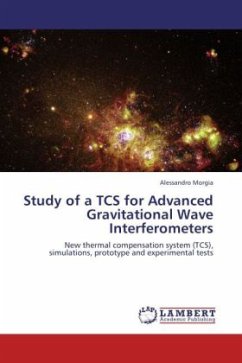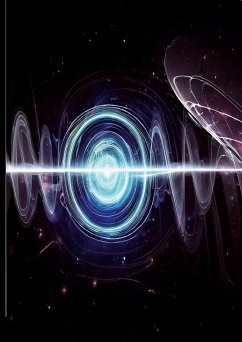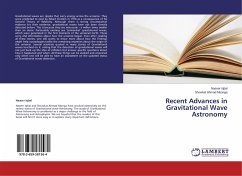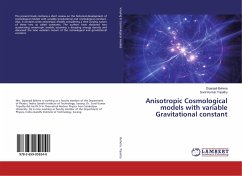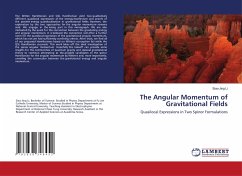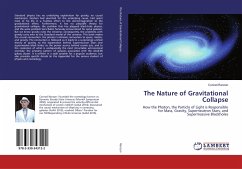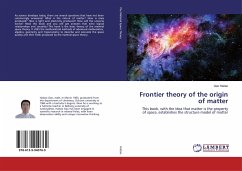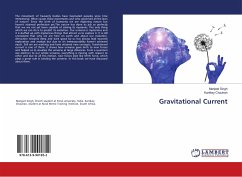The detection of gravitational waves coming from the universe is a challenging task and even though experimental efforts have been going on since several decades, so far no direct detection has been achieved. There is only strong indirect evidence of the existence of gravitational radiation coming from binary pulsar systems. The commissioning of a gravitational wave detector is a complex work, consisting in a large number of different tasks. This thesis presents an investigation on an alternative method to compensate thermal effects, based, not on the addition of power on the test mass, rather on the removal of power. This method ( Directional Radiative Cooling or DRC), already described in literature, relies on the radiative heat exchange between the mirror and a cold body. It is present also a description of the DRC that exploits the focusing capability of parabolic mirrors to increase the efficiency of the radiative heat exchange. The results of optical and thermo-structural simulations are reported. The prototype it is described in detail to evaluate the performances of the method. Finally, the results of the measurements and their analysis.

